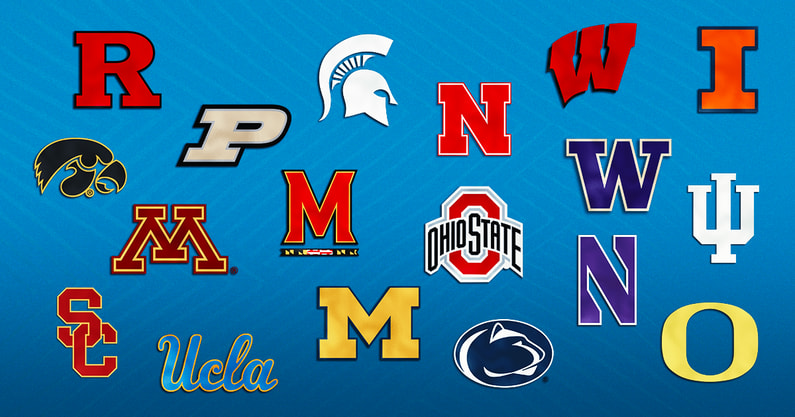Tell me about yourself.
Why are you interested in this college? Which academic programs interest you?
What do you hope to be doing ten years from now?
What are your academic strengths and weaknesses?
Have you ever taken the time to think about these things, and to really put your thoughts
together in a concrete way? Perhaps you’ve already addressed some of these questions in your
college essays; however, if you are applying to a college that conducts interviews, you should
start to consider your responses, and how to verbally communicate them in an effective way.
College interviews require a lot of reflective thinking and can be an important part of the
application process.
Although college interviews are not universally required by all schools, when offered, they are
an invaluable opportunity for students to showcase who they are outside of their transcript.
Interviews are typically required at Ivy League schools or selective private colleges; many other
schools offer optional or recommended interviews. Preminente counselors suggest always
taking the opportunity to interview, even if it is optional, as it shows demonstrated interest and
allows you to connect with the school in a way that your application alone cannot. An interview
allows you to personalize yourself off the written page and provides you with an opportunity to
share your passions, your future goals, and ask any relevant questions.
Interview Types
There are two main types of college interviews: evaluative and informational. If a school
requires, or “strongly recommends” an interview, it is typically evaluative. Evaluative interviews
are exactly as they sound; the interviewer, most often an alumni, is evaluating you and your
responses to determine if you are a good fit for the school. Their assessment will be passed on
to the admissions committee to be considered along with your other application materials. Most
evaluative interviews are encouraged to be conversational rather than a rapid fire questioning.
Informational interviews are typically presented as “optional.” This type of interview provides
prospective students with a platform to ask questions and get to know the college in a more
personal and direct setting. The admissions committee may get a formal report on your
interview and they will know that you have made the effort to schedule one when they review
your application.
Process & Preparation
Taking the initiative to set up an interview is the first step in creating a collegiate network. Not
only will you start to make connections, but you will learn a lot about the school and the people
who go there. Some schools offer pre-application interviews, while many conduct interviews
after you submit your application. Be sure to check a college’s websites for more specific
information about interviews, if they offer them, and when you need to schedule by.
Evaluative alumni interviews are assigned after applications are submitted – the alumni assigned
to you, or the head of the alumni admissions committee for your geographic area, will contact
you to set up a time to meet in a public venue or virtually.
Informational interviews are typically conducted by an admissions officer or current student. If a
school offers interviews and you make a request to schedule one, the admissions office will get
back to you to set up a convenient time, either on campus or virtually.
Once scheduled, it is important to thoroughly prepare for your interview. Conduct extensive
research on the school including: the programs and majors offered, student organizations,
popular campus hangouts and events. Dig deep into your own dreams and aspirations.
Rehearse talking about your passions and hopes for the future. Focus on how the college can
help you achieve your goals and why it feels like a good match.
Allow the interviewer to learn about you, but also take the time to learn just as much about the
school. Show this interest by writing down thoughtful questions about the school’s programs,
resources, campus, and opportunities. Your interviewer will be impressed that you have come
prepared to learn more and utilize the interview in that way. In recent years, colleges have taken
a holistic approach to applications; interviews are just one of many aspects being considered in
your application. This is a special opportunity that not all prospective students are given – try to
make the most of it.
Let Preminente counselors help you prepare for this important interaction. Go into your college
interview with the knowledge and confidence that you need to be successful!


